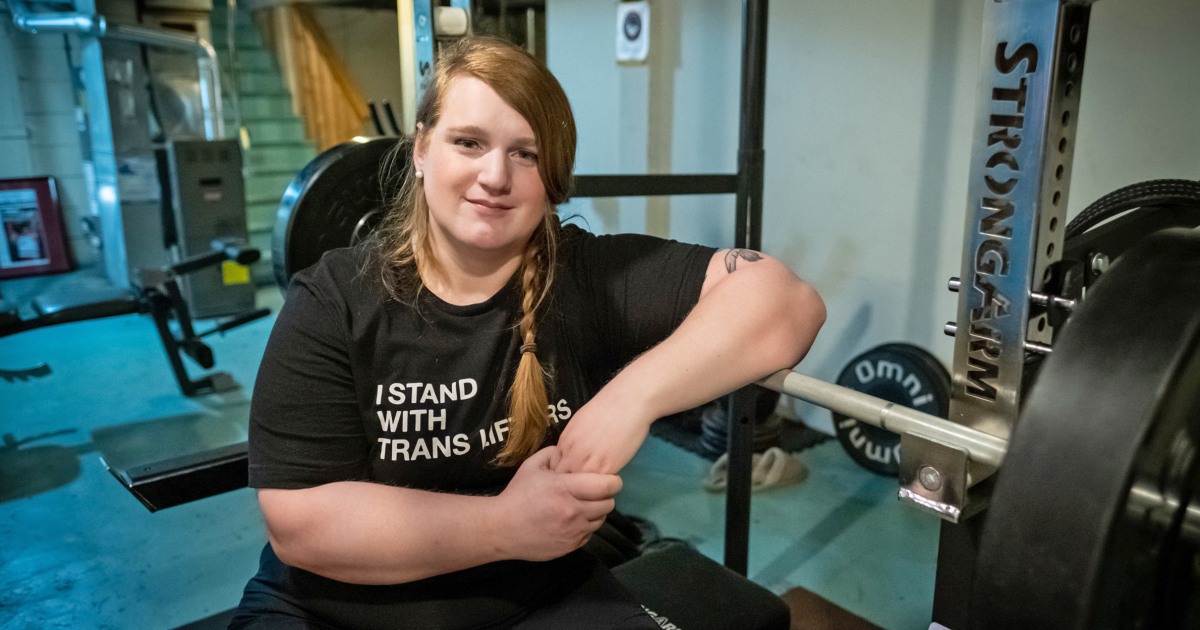USA Powerlifting President Larry Maile said his organization disagrees with Monday’s court decision and will explore options, including a possible appeal.
«Our position has been aimed at balancing the needs of cis and transgender women, whose abilities differ significantly in pure strength sports,» Maile said in a statement.
Cooper’s claims against USA Powerlifting date back to 2019, when he filed a discrimination claim with the Minnesota Department of Human Rights. In it, she alleged that the sports organization had violated the state’s Human Rights Law by barring her and other transgender athletes from competing in women’s competitions.
Then, in January 2021, Cooper, through the Minnesota-based advocacy group Gender Justicefiled a lawsuit against USA Powerlifting in state court.
“I was fed up with the way they treated me; I was fed up with the way my community was being treated, and enough is enough,» Cooper told KARE-TV.
After her court victory, Cooper thanked the trans women who came before her.
“Marsha P. Johnson and the Stonewall riots and the plethora of black trans advocates and activists throughout history, and the way they have led this fight, I am just a small piece that builds from that,” Cooper told KARE-TV. .
In the last two years, various athletic organizing bodies have announced updated policies regarding the participation of transgender athletes. In November 2021, for example, the International Olympic Committee announced a new framework for transgender and intersex athletes that would remove policies that required competing athletes to undergo «medically unnecessary» procedures or treatment. And last year, after a record-breaking season for Lia Thomas, a transgender swimmer at the University of Pennsylvania, the NCAA took a sport-by-sport approach to transgender athletes.

